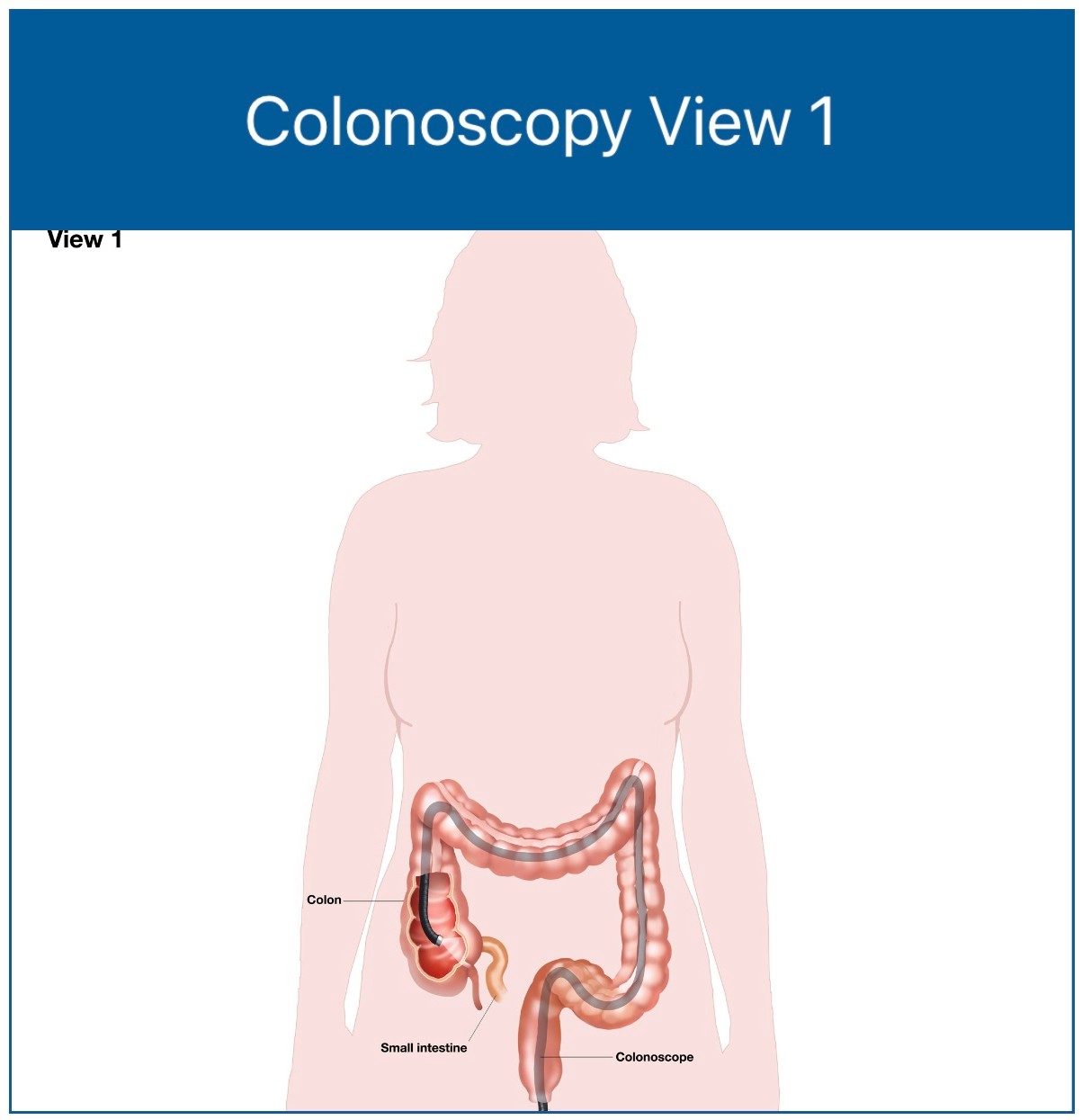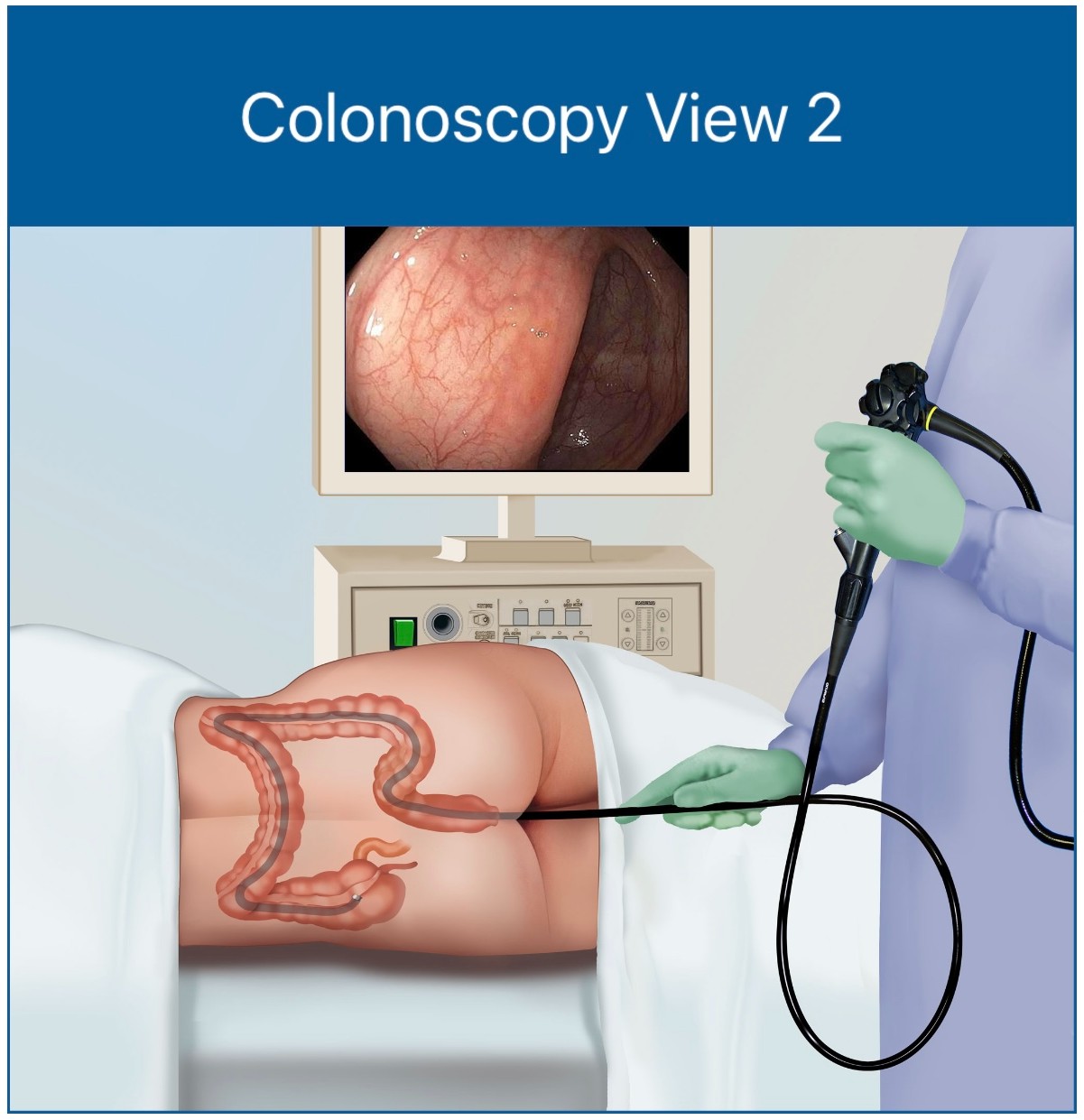Colonoscopy FAQ
Colonoscopy in Arcadia, CA
A colon polyp is a small growth on the inner lining of your large intestine (colon). Your colon is a tube-like organ that collects your stool.
Most polyps are harmless. Polyps can occur in any part of your colon. Colon cancer is one of the most preventable cancers. By having a colon polyp removed, you may have significantly reduced your risk of developing colon cancer.
There are several types of polyps. Your doctor will tell you the type of polyp present and when you will need to return for a repeat examination.
The three most commonly found polyps are:
Adenomatous Polyps
The majority of polyps. Only 5% progress to cancer. Doctors remove all adenomatous polyps that are found. Current theories state that it takes about 10 years for a small adenoma to become cancer.
Hyperplastic Polyps
They are usually small and generally do not become cancerous.
Sessile Serrated polyps
Some risk of turning into cancer. The doctor remove all sessile serrated polyps.
Symptoms
Anyone can develop colon polyps. Most colon polyps do not cause symptoms. However, any bleeding in your stool may be a sign of more serious conditions and must always be discussed with your doctor.
Causes/Prevention
We do not know exactly what causes polyps to form, but we can reduce the risks of developing more polyps by:
- Cutting smoking and alcohol
- Increasing exercise and losing weight
- Decreasing red meat intake and increasing fruits and vegetables
Treatment
Polyps are removed using an instrument called a colonoscope. This is a long flexible tube that is attached to a video camera.
What is Screening Colonoscopy?
- Screening refers to a colon exam that is done in patients without any symptoms.
- Screening should occur at age 45 for all people.
- A screening colonoscopy should occur every 10 years.
- If a polyp is found, the evaluation will probably occur before 10 years depending on the polyp size and type.
Risk Factors for Polyp Formation Include:
- Personal history of polyps or colon cancer
- Family history of polyps or colon cancer (parents, brothers, sisters, children)
- Age -Most people with polyps are older than 45
What is a Colonoscopy?

Colonoscopy is a procedure that enables a physician (usually a gastroenterologist) to directly image and examine the entire colon. It is effective in the diagnosis and/or evaluation of various GI disorders (e.g. colon polyps, colon cancer, diverticulosis, inflammatory bowel disease, bleeding, change in bowel habits, abdominal pain, obstruction, and abnormal x-rays or CT scans) as well as in providing therapy (for example, removal of polyps or control of bleeding). It is also used for screening for colon cancer. A key advantage of this technique is that it allows both imaging of abnormal findings and also therapy or removal of these lesions during the same examination. This procedure is particularly helpful for the identification and removal of precancerous polyps.
What is a Colonscope?
A colonoscope is a flexible and steerable instrument to evaluate the entire colon (large intestine). The large intestine is approximately 3-5 feet long. A colonoscope is engineered such that biopsies of suspicious areas can be obtained, and polyps (which may turn into cancer) can be removed.
Has colonoscopy been shown to be effective in preventing cancer of the colon and saving lives
Yes. Colonoscopy accomplishes this by detecting and removing polyps, and detecting early cancers. Recent data show that both the number of new cases of colon cancer (incidence) and deaths from the disease are decreased when colonoscopy is performed according to established guidelines.
If colonoscopy is so effective at detecting polyps, colon cancer and saving lives, why aren’t more people having it?
The most common reason patients cite for not getting a colonoscopy is that their doctor did not discuss it with them. The next most common reason is fear or avoidance of the preparation (“prep”), which involves taking a laxative that causes temporary diarrhea for several hours. In addition, many people are simply unaware that they need colon cancer screening.
Is colonoscopy painful? Will I be sedated?
No, colonoscopy is usually not painful! Almost all colonoscopies can be performed using “intravenous sedation” or “twilight sedation” in which you are very drowsy but comfortable and still breathing on your own. The most common type of sedation also has a mild amnesiac effect, so most patients do not even remember the procedure! Your doctor can discuss with you the best form of sedation to suit your needs.
Will my insurance pay for this procedure?
Medicare (and most third-party payers) will pay for colonoscopy for colon cancer screening, thanks to the hard work of advocacy groups and the efforts of national organizations such as the American College of Gastroenterology (ACG). Regrettably, a recent study showed a low compliance rate for screening (less than 30%) among Medicare patients.
When should I have a colonoscopy?
If you have no colorectal symptoms, family history of colon cancer, polyps, or inflammatory bowel disease you should have your first exam at age 45 whether you are a man or a woman since colon cancer affects both EQUALLY!
If one or more first-degree relatives (parent, sibling, or child) have had a precancerous polyp or colon cancer, the general guideline is to begin colon cancer screening 10 years younger than the youngest age of the family member with colon cancer, or age 40, whichever is younger. There are additional guidelines for suspected or confirmed rare syndromes, and you should discuss these options with your doctor.
Are there other methods to examine my colon besides colonoscopy?
Yes, there are alternative methods to examine the colon, but none are considered more accurate at colon cancer and polyp detection than colonoscopy.
They include:
- A flexible sigmoidoscopy
- Computerized tomography (CT), a test that takes pictures of the inside of the colon, can also be done. This is called CT colography or “virtual colonoscopy.” Like conventional colonoscopy, this test requires a full preparation the day before the exam (liquids and possibly enemas). This test, however, involves radiation exposure which may increase your long-term risk of development of cancer.
If any of the above tests suggest the presence of polyps or cancer, a conventional colonoscopy (and a second preparation) will be required.
For colon cancer screening, it should be noted that colonoscopy has the highest sensitivity and is the only test that is both diagnostic and therapeutic.
Are there any complications from colonoscopy?
Yes, but potential complications are associated with virtually every form of testing done in medicine. Clearly, colonoscopy has been found to be extremely safe when performed by a well-trained physician such as a gastroenterologist. Although quite rare, most complications are related to sedation administration (cardiac and respiratory problems); the colon may also become partially torn (perforated) and this may require surgery. Rarely, bleeding from polyp removal or from the procedure itself may require additional treatment such as hospitalization and/or blood transfusions. As one reads about these procedures, the reader should weigh these low risks against the far more frequent complication of developing colon cancer if appropriate testing is NOT done.
Follow-up
Once you speak with your doctor, they will tell you when you need to return for another colonoscopy. When you return depends on:
- How clean the colon was for the colonoscopy
- The type of polyp found
- The size of the polyp
- Number of polyps
- Family history of polyps/cancer
- Your doctor may also discuss other things that are important for a follow-up exam.
Conclusion
- Colonoscopy screening and follow-up reduces the risk of colon cancer
- The cleaner your colon, the better your exam
- Make sure you know when you are due for your next colonoscopy
Author(s) and Publication Date(s)
Monica P. Zeitz, MD, Crozer-Chester Medical Center, Upland, PA – Published May 2010.
https://gi.org/topics/colonoscopy/
https://gi.org/topics/colon-polyps/


